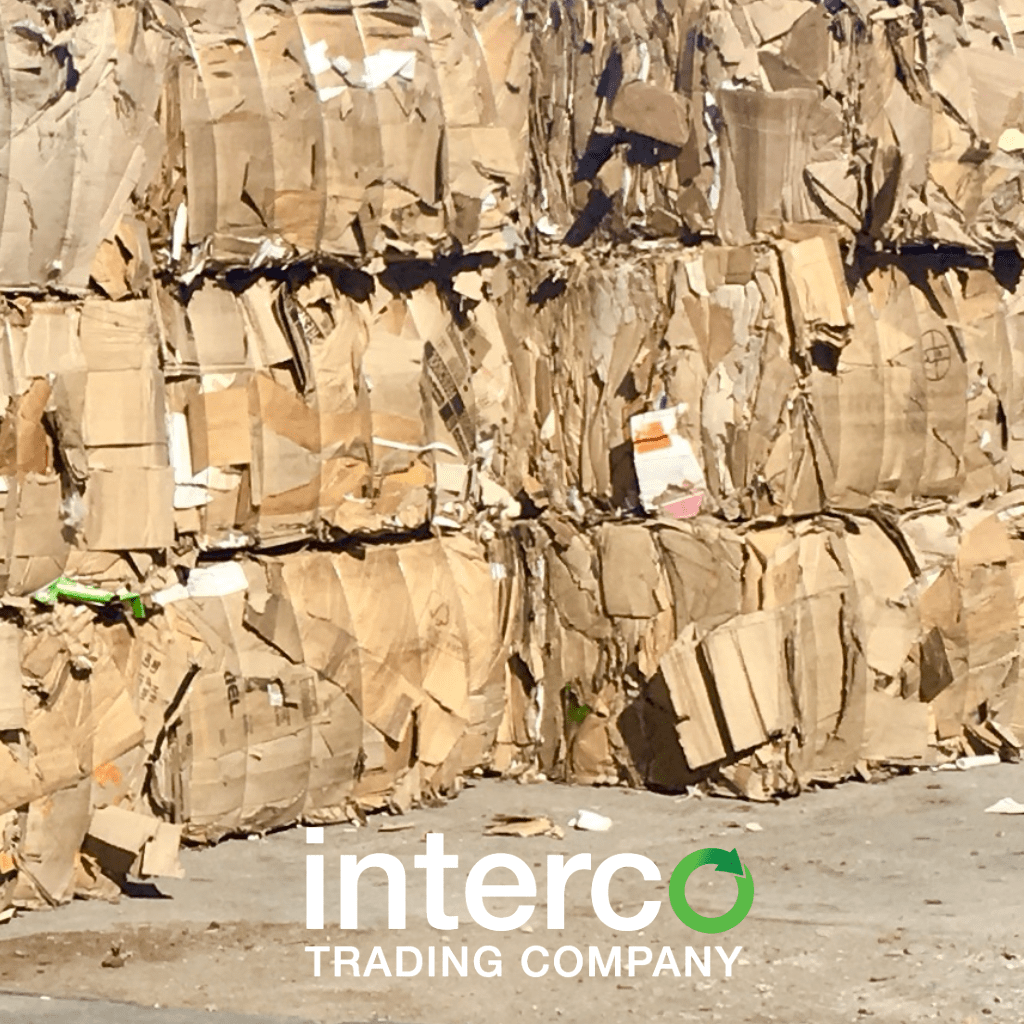OCC recycling, or Old Corrugated Containers recycling, is a crucial component in the sustainability movement, aimed at reducing waste and conserving natural resources. As consumers become more aware of their environmental impact, the recycling of cardboard and paper products has gained significant importance. In this article, we will explore the ins and outs of OCC recycling, its benefits, processes, and its role in the circular economy. With increasing demand for sustainable practices, understanding OCC recycling becomes essential for both individuals and businesses.
In today's world, where environmental concerns are at the forefront, recycling has emerged as a vital solution to mitigate waste and promote sustainability. The use of Old Corrugated Containers (OCC) for recycling not only helps in waste management but also plays a significant role in conserving energy and reducing carbon emissions. With a rising number of companies and individuals adopting green practices, it is imperative to delve deeper into the methods and advantages of OCC recycling.
This comprehensive guide will cover various aspects of OCC recycling, including its definition, processes, benefits, and future trends. Whether you are a business owner looking to implement sustainable practices or an environmentally conscious consumer, understanding OCC recycling is crucial for making informed decisions. Let's embark on this journey to uncover the significance of OCC recycling.
Table of Contents
- What is OCC Recycling?
- Benefits of OCC Recycling
- The Recycling Process of OCC
- Challenges in OCC Recycling
- Impact of OCC Recycling on the Environment
- Economic Importance of OCC Recycling
- Future of OCC Recycling
- Conclusion
What is OCC Recycling?
OCC recycling refers to the process of collecting and reprocessing old corrugated cardboard containers into new paper products. These containers are typically used for packaging and shipping goods and are a significant source of paper waste. The recycling of OCC helps to divert waste from landfills and reduces the need for virgin materials in the production of paper products.
OCC Recycling in the Circular Economy
The circular economy is a model that emphasizes the reuse, recycling, and regeneration of materials to create a closed-loop system. OCC recycling plays a vital role in this model by ensuring that paper products are returned to the production cycle rather than being discarded. This not only conserves resources but also minimizes environmental impact.
Benefits of OCC Recycling
The benefits of OCC recycling are numerous and impactful. Here are some of the key advantages:
- Environmental Conservation: Recycling OCC reduces the amount of waste sent to landfills, thereby conserving space and reducing the need for new landfills.
- Resource Conservation: By recycling cardboard, we save trees and reduce the demand for virgin paper products, leading to less deforestation.
- Energy Savings: The recycling process typically consumes less energy compared to producing new paper from raw materials.
- Reduction in Greenhouse Gas Emissions: Recycling OCC helps to lower carbon emissions associated with the manufacturing process.
The Recycling Process of OCC
The recycling process for OCC involves several key steps:
- Collection: Old corrugated containers are collected from various sources, including businesses, retailers, and residential areas.
- Sorting: The collected cardboard is sorted to remove contaminants and ensure only recyclable materials are processed.
- Shredding: Once sorted, the cardboard is shredded into smaller pieces to facilitate easier processing.
- Pulping: The shredded cardboard is mixed with water and chemicals to create a pulp, which is then cleaned and refined.
- Sheet Formation: The pulp is formed into sheets of paper, which can be dried and rolled for distribution.
- Recycling into New Products: The final product can be used to create new cardboard and paper products.
Challenges in OCC Recycling
Despite its numerous benefits, OCC recycling faces several challenges:
- Contamination: Contaminants such as plastic or food residues can hinder the recycling process, leading to lower quality recycled materials.
- Market Demand: Fluctuations in the demand for recycled materials can impact the viability of OCC recycling programs.
- Logistics: Collection and transportation of recyclable materials can be costly and logistically challenging.
Impact of OCC Recycling on the Environment
The environmental impact of OCC recycling is overwhelmingly positive. Here are some statistics that highlight its significance:
- Recycling one ton of cardboard can save approximately 17 trees.
- Each ton of recycled cardboard can reduce greenhouse gas emissions by around 1.5 tons.
- OCC recycling can prevent millions of tons of waste from ending up in landfills each year, contributing to a cleaner environment.
Economic Importance of OCC Recycling
OCC recycling not only benefits the environment but also has significant economic implications:
- Job Creation: The recycling industry generates numerous jobs in collection, sorting, processing, and manufacturing.
- Cost Savings: Businesses can save on disposal costs by recycling their cardboard waste.
- Market Growth: The increasing demand for recycled materials has led to growth in the recycling sector.
Future of OCC Recycling
The future of OCC recycling looks promising as more companies and individuals recognize the importance of sustainability. Innovations in recycling technology and increased awareness are likely to enhance recycling rates and improve the quality of recycled materials.
Conclusion
In conclusion, OCC recycling is a vital component of waste management and environmental sustainability. By understanding its processes, benefits, and challenges, individuals and businesses can make informed decisions that contribute to a healthier planet. We encourage you to consider the impact of your cardboard waste and explore ways to incorporate recycling into your daily routine. Share your thoughts in the comments below or read more articles on our site to learn about sustainable practices.
Thank you for taking the time to learn about OCC recycling. Let's work together towards a more sustainable future.
Seattle Boulder Project: Transforming Urban Spaces
Coldfoot Camp Alaska: An Ultimate Guide To The Gateway Of The Arctic
St. Mary Catholic Church Huntley: A Spiritual Haven In The Community


